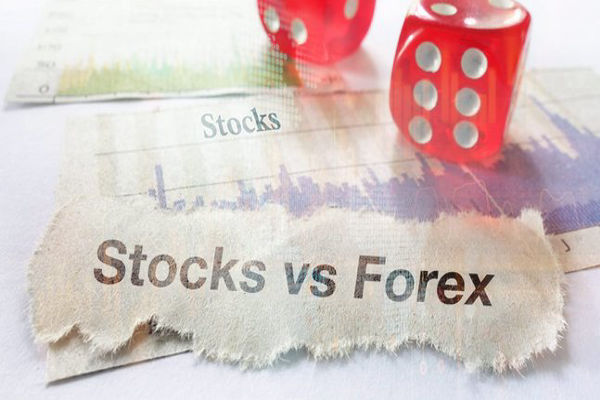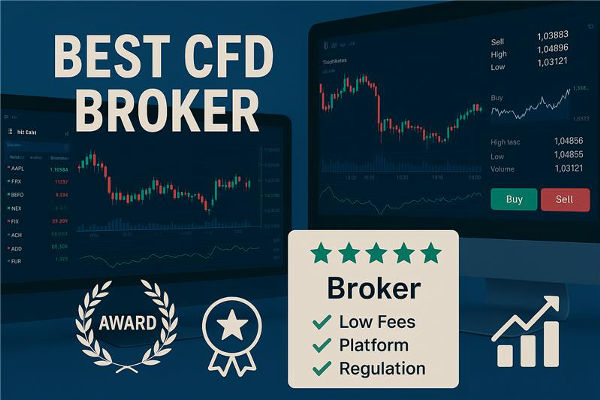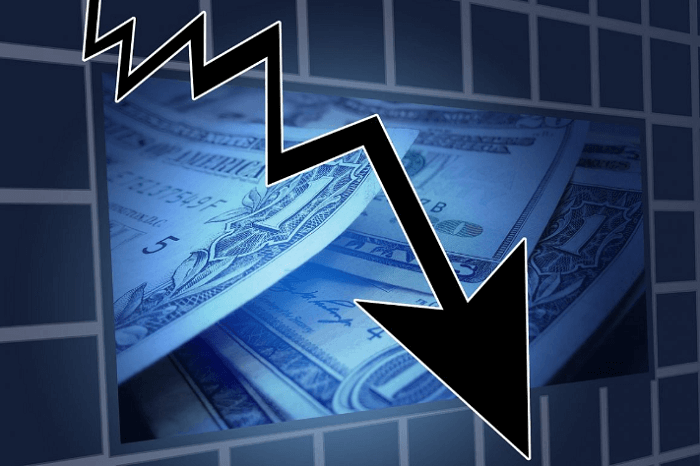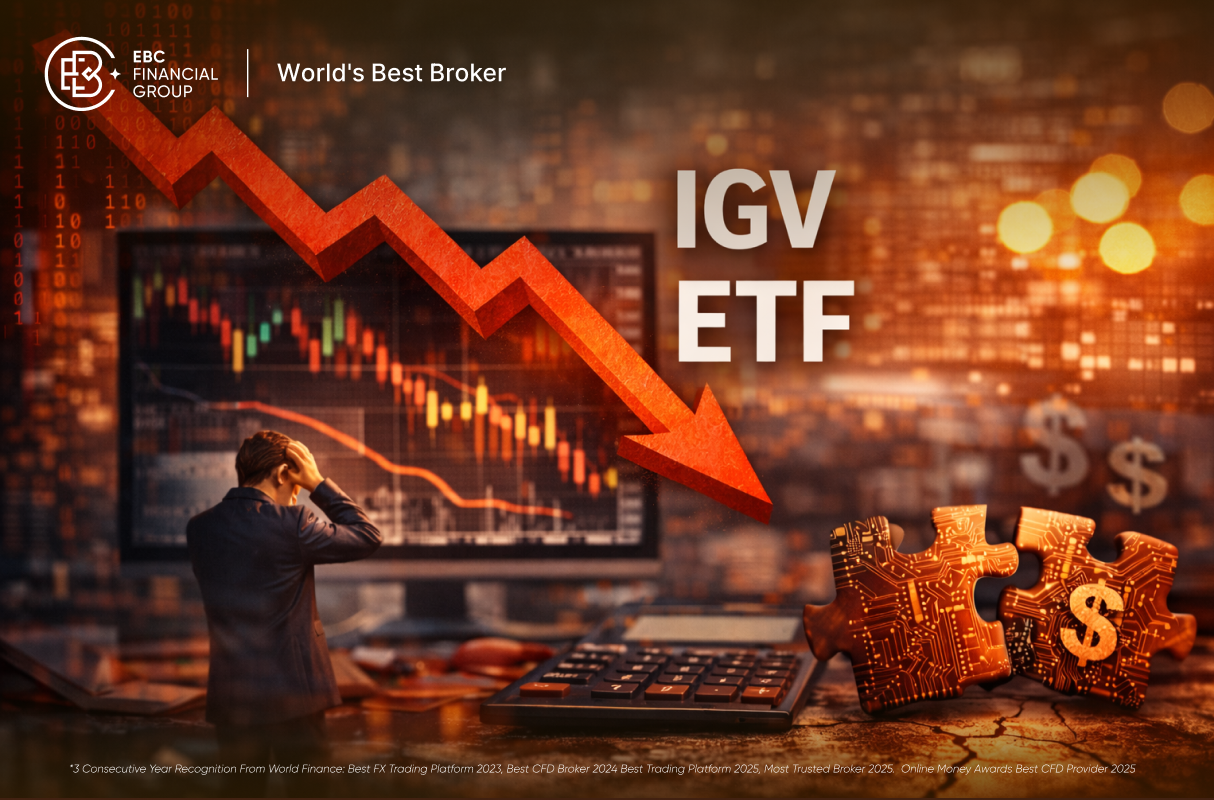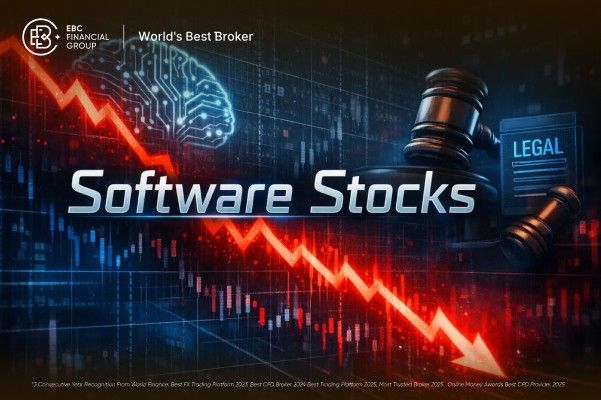When it comes to trading, many new traders find themselves debating whether to trade in the Forex market or the stock market. Both markets are popular, but they have fundamental differences.
Understanding the difference between forex and stocks is essential for traders to make informed decisions and choose the market that suits their goals and strategies.
In this article, we'll outline five things you need to know about the difference between forex and stocks.
5 Difference Between Forex and Stocks
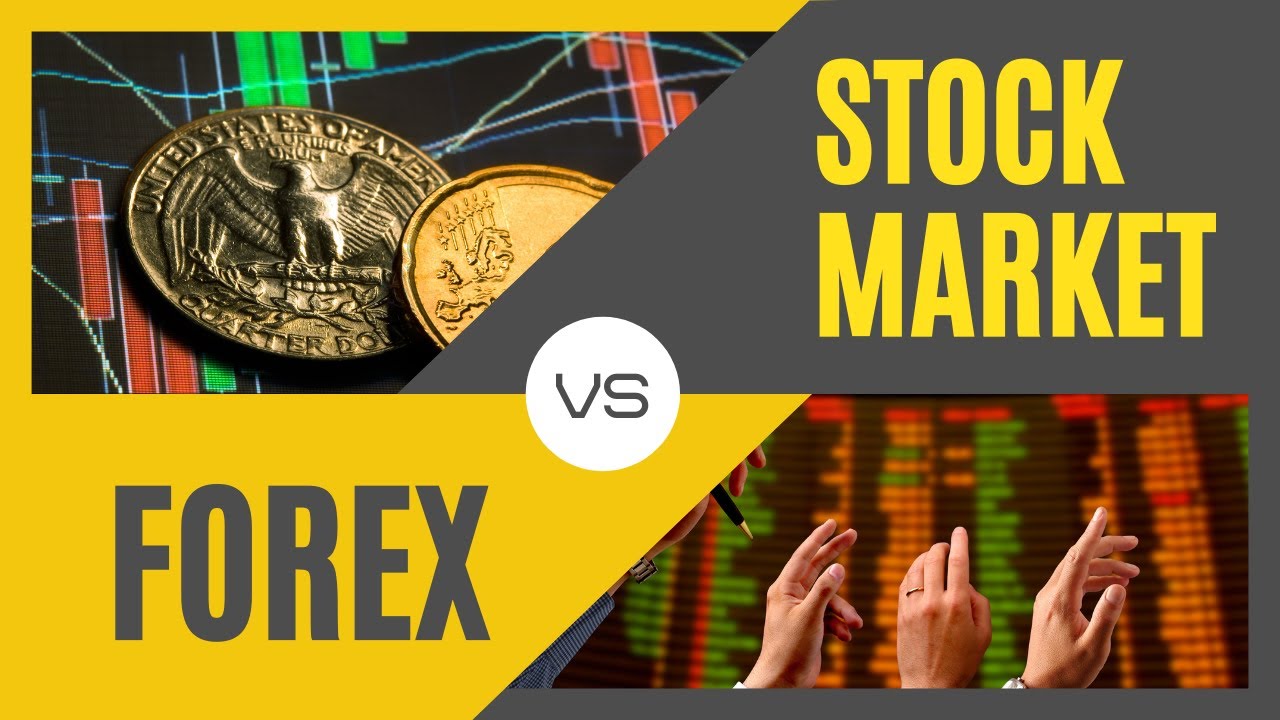
1. Market Hours: Flexibility in Forex vs. Fixed Hours for Stocks
One of the most noticeable differences between forex and stocks is the trading hours. The Forex market operates 24 hours a day, five days a week, due to its global nature. Traders can buy and sell currencies anytime within this window, giving them the flexibility to trade at all hours, including during the night or early morning, depending on their time zone.
On the other hand, stock markets have fixed trading hours. For example, the New York Stock Exchange (NYSE) operates from 9:30 AM to 4:00 PM Eastern Time. While after-hours trading is available, it's less active and typically comes with wider bid-ask spreads and lower liquidity. This makes the Forex market more accessible for traders who want to trade outside traditional market hours.
2. Market Size and Liquidity: Forex Dominates
The difference between forex and stocks is also apparent in their size and liquidity. Forex is the largest financial market globally, with an average daily trading volume of over $6 trillion. This immense liquidity allows for easy entry and exit, with minimal slippage, particularly in major currency pairs like EUR/USD or GBP/USD.
In comparison, the stock market is much smaller. For instance, the total daily trading volume of the NYSE is about $200 billion, a fraction of Forex's liquidity. While stocks like Apple or Microsoft are highly liquid, stocks of smaller companies may have wider bid-ask spreads and can be more difficult to trade quickly.
3. Volatility and Risk: Greater Risk in Forex
Another key difference between forex and stocks is the level of volatility and risk. Forex markets are known for their high volatility, with currency prices frequently moving by large amounts in short periods. This volatility can create significant opportunities for profit, but it also increases the potential for losses. Forex trading requires a higher tolerance for risk, particularly with the ability to leverage positions.
Stock markets tend to be less volatile compared to Forex, particularly for large-cap stocks. While Stock Prices can experience significant moves, especially during earnings season or major economic events, they generally exhibit lower volatility than the currency markets. However, stock trading is not without risk, as sudden market shifts or unexpected news can cause sharp price movements.
4. Leverage: Forex vs. Stocks
Leverage is a powerful tool used by both Forex and stock traders, but the amount of leverage offered can vary greatly between the two markets. In Forex, brokers often offer leverage of up to 50:1, 100:1, or even higher, allowing traders to control large positions with relatively small capital. This ability to amplify profits (and losses) makes Forex a more high-risk, high-reward market.
In the stock market, the leverage provided is generally much lower. In the US, for instance, the Federal Reserve restricts stock traders to a maximum leverage ratio of 2:1, meaning traders can only borrow up to 50% of the value of a stock position. While lower leverage in the stock market may seem like a safer option, it can limit the potential for larger profits, especially for those with smaller accounts.
5. Costs and Commissions: Lower Costs in Forex
The difference between forex and stocks can also be seen in the associated costs and commissions. Forex traders generally face lower transaction costs. Many Forex brokers offer commission-free trading, instead earning revenue through the spread—the difference between the buying and selling price of a currency pair. Some brokers may charge a small commission per trade, but overall, trading costs are lower compared to stocks.
In the stock market, investors often face higher commission fees, particularly with traditional brokerage firms. Even though online platforms have reduced commissions, there are still costs to consider, such as per-share charges and account maintenance fees. Furthermore, when trading stocks, investors may encounter additional costs such as taxes on dividends or capital gains.
Conclusion
The difference between forex and stocks boils down to a variety of factors, including market hours, size, volatility, leverage, and costs. Forex offers 24-hour trading and significant liquidity, but with higher volatility and greater leverage. Stock markets operate within fixed hours and tend to be less volatile, with lower leverage options and higher trading costs.
Ultimately, choosing between Forex and stocks depends on your trading style, risk tolerance, and goals. If you prefer flexibility, higher leverage, and global exposure, Forex may be the right choice for you. If you are more comfortable with a less volatile market and prefer to trade within defined hours, the stock market might suit you better.
Disclaimer: This material is for general information purposes only and is not intended as (and should not be considered to be) financial, investment or other advice on which reliance should be placed. No opinion given in the material constitutes a recommendation by EBC or the author that any particular investment, security, transaction or investment strategy is suitable for any specific person.
